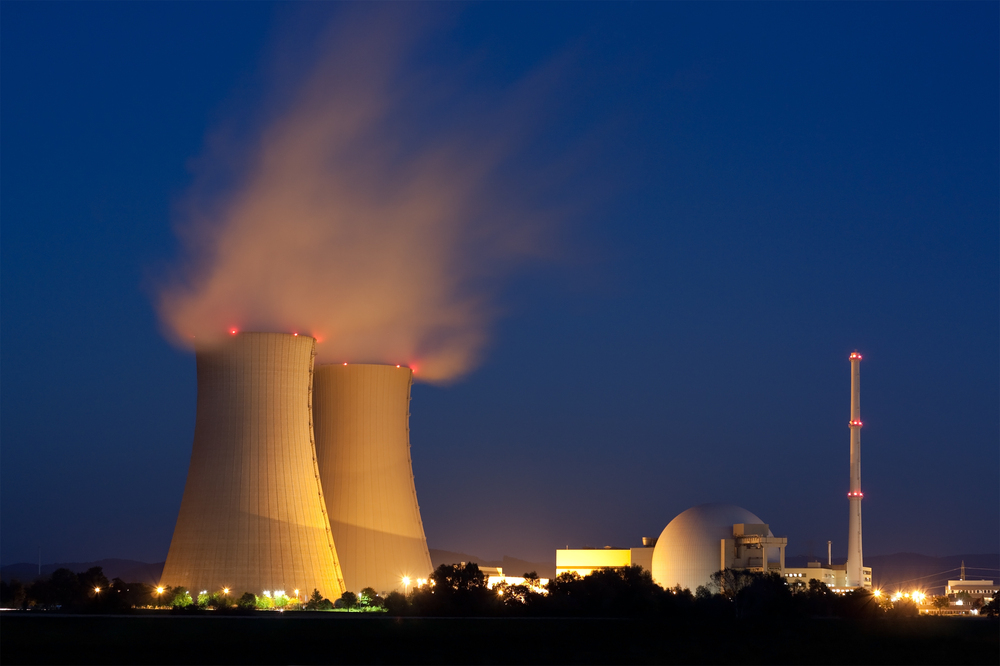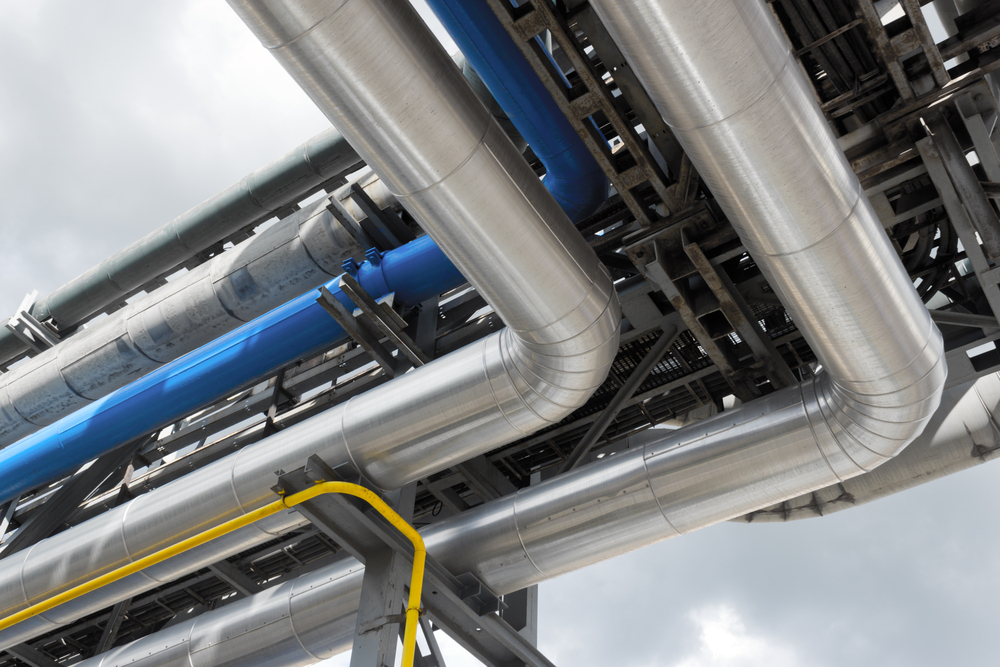Engineering
HOME > Plant / Engineering > Engineering
Providing equipment manufacturing processes for the development, scale-up, and optimization of new processes

SERVICE1
Power Generation Engineering
Among many power generation sectors such as thermal, hydro, nuclear, tidal, and wind, we provide engineering and optimization implementation technology for nuclear power systems.
The power generation engineering sector is a rapidly growing field worldwide, and domestically, investments and expansion in the power generation sector continue due to power shortages, like blackouts.
We engage in engineering activities to develop new technologies that can improve the efficiency and safety of nuclear power generation facilities, as well as recycle pollutants and conserve resources.
SERVICE2
Plant System Engineering
Implementing plant lifecycle optimization by integrating system engineering technology into the plant industry.
By applying it to various sectors of the plant industry, such as chemicals and power, it supports engineering activities for the entire lifecycle of the plant, from business planning/design, materials procurement, construction, operation, to disposal.


SERVICE3
Chemical Process Engineering
We realize the development, scale-up, design, and optimization of new chemical processes, as well as process improvement and modeling of existing chemical processes.
In new chemical processes such as fuel cells, supercritical processes, and waste liquid treatment, we apply optimal design, process modeling, and process improvement to industry. We also apply commercialized existing chemical processes, such as refining, petrochemical, and pollutant treatment processes.
In chemical process engineering, we focus on conducting thorough research reviews, developing core technologies, and gaining know-how on manufacturing production facilities for specific chemical processes.
SERVICE4
Project Management (PM) Engineering
This is a specialized field for project management that discovers engineering businesses and conducts projects, enhancing essential management capabilities throughout the project lifecycle, such as feasibility analysis, new proposals, contracts and negotiations, risk management, process management, and quality management.
Generally, to execute a project, the organization must perform bidding, contracting, design, procurement, production, commissioning, performance testing, handover, operation, and disposal, requiring a structure that can carry out this entire process.
While the PM engineering sector does not procure physical plants, it provides core competencies, accumulated technology, and diverse experience across various fields for project success.







